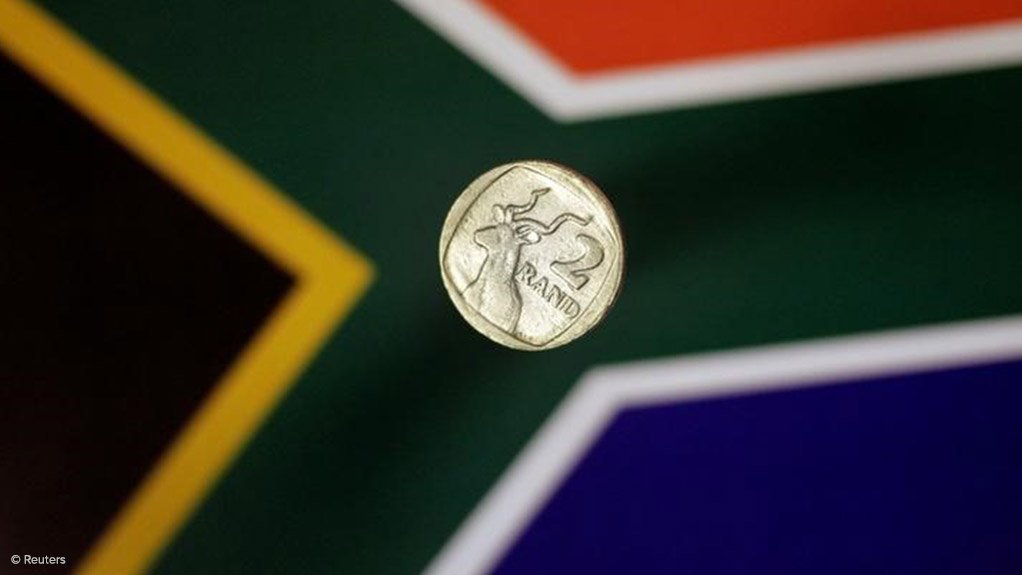The South African Reserve Bank (SARB) will cut its repo rate by 25 basis points to 8.00% at its September 19 meeting as slowing inflation opens the door to easier policy for the first time since its Covid-19 response over four years ago, economists say.
Eighteen of 21 economists surveyed in the past week said the SARB would cut by 25 basis points (bps) next week and other three expected rates to be held at 8.25%.
Median forecasts showed it would do so again in the next three quarters to reach 7.25% in May.
Inflation in Africa's most industrialised nation slowed to an over three-year low in July by 0.5 percentage points to 4.6%, closing in on the central bank's 3%-6% midpoint and giving the Reserve Bank a clear shot at cutting rates in coming days and months.
It is expected to average 4.7% this year and slow to 4.3% next year, 0.2 percentage points lower than last month's poll predictions for both years.
In an additional question, seven of eight economists said it was unlikely the SARB delivers a 50-basis point cut in any of its meetings this year, signalling a lower conviction for bigger cuts.
"The SARB will have ample justification to cut rates faster than expectations given headline CPI is moving notably below their expectations, helped by multiple cuts in fuel prices," said independent economist Elize Kruger.
"But the SARB remains notoriously conservative, and especially given recent comments ... they will likely only cut in 25bps increments, but they are clearly behind the curve in my opinion," added Kruger.
The last time the SARB cut rates by more than 50 bps was in response to the Covid-19 pandemic.
"The conservative nature of the SARB, coupled with its view that South Africa's policy rate is also only around 100bps away from what it considers 'neutral' means that cutting in 50bps increments seems unlikely to us at this juncture," wrote Jeffrey Schultz, chief economist for CEEMEA markets at BNP Paribas.
In a separate Reuters poll, the US Federal Reserve is expected to lower its rates by 25bps at each of its three remaining policy meetings this year, according to a majority of economists, setting the stage for cuts across the world.
Emerging market central banks have been careful not to cut in deeper magnitudes than the Fed due to worries of alienating capital inflows that often bolster local currencies, however the likes of Brazil have cut rates when it felt it was warranted.
"It would take a material weakening in global and domestic economic activity (hard landing for the global economy), rather than something idiosyncratic in the domestic inflation picture for the SARB to change tack and adopt a more aggressive easing stance," added BNP Paribas' Schultz.
Most emerging market currencies will see no further gains for the rest of this year despite an expected series of interest rate cuts from the US Fed, a cautious prospect for rate cuts, another poll earlier this month suggested.
EMAIL THIS ARTICLE SAVE THIS ARTICLE
To subscribe email subscriptions@creamermedia.co.za or click here
To advertise email advertising@creamermedia.co.za or click here











